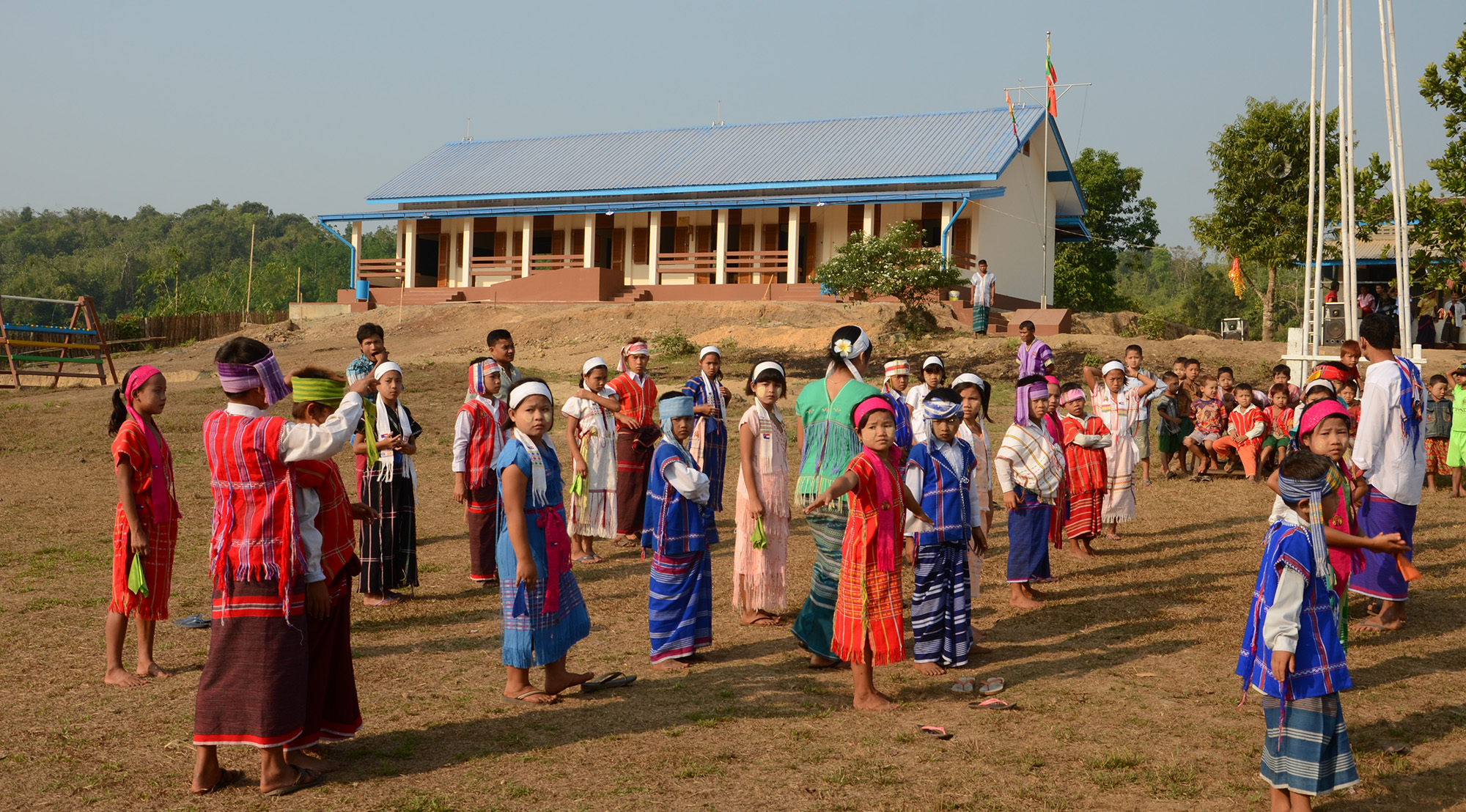Since 2012, the SDC has been implementing direct campaigns in the south east and more recently in the south of the Shan State. This work focuses on social infrastructure planned and built in close cooperation with armed ethnic groups and Myanmar’s government. With the support of experts from the Swiss Humanitarian Aid Unit (SHA), the aim is to improve planning, construction, operation, and maintenance using suitable compromising solutions and to improve collaboration processes between the parties. The population not only remains in significant danger following conflicts in non-government controlled areas, but also in areas with internally displaced persons and ethnic minorities in marginal zones. On top of this, it is often unclear where responsibility lies for basic care from healthcare and educational services because both the Myanmar government as well as the service offices of ethnic groups have taken up this task. The national ceasefire agreement entered into force in 2015 but there have been hardly any peace dividends for the population. As a result of the population’s precarious situation following decades of conflicts, migrating to neighboring Thailand often remains the only option.
During the implementation of this project, Switzerland places immense value on co-participation and even on the management of proceedings by village communities that understand the local context the most and can incorporate this in the best possible way. This enables adjusted and fundable infrastructure to be put forward that improves and promotes trust between the population, the government, and the participating ethnic organizations in terms of operation and maintenance. Drawing on the example of a newly built school, it could be repeatedly shown how the building can be used as a shelter during the annual floods and how it has been made possible for the school to operate with greater diversity. At the new school, teachers from both the Myanmar Ministry of Education and the ethnic educational authorities teach together and offer pupils a varied and inclusive curriculum that promotes understanding and acceptance of cultural and ethnic diversity. Thanks to the cooperation between the SHA, the various participating Myanmar authorities, and ethnic groups, it can be ensured that the infrastructure lays the foundations for social facilities on which different development projects can later be built, for example in the area of vocational training or health.
Overall, Switzerland’s direct campaigns not only bring increased versatility, but also enable effective and practical project implementation that can be used as practice-based examples on a political level for the peace process as well as in humanitarian dialogue.


